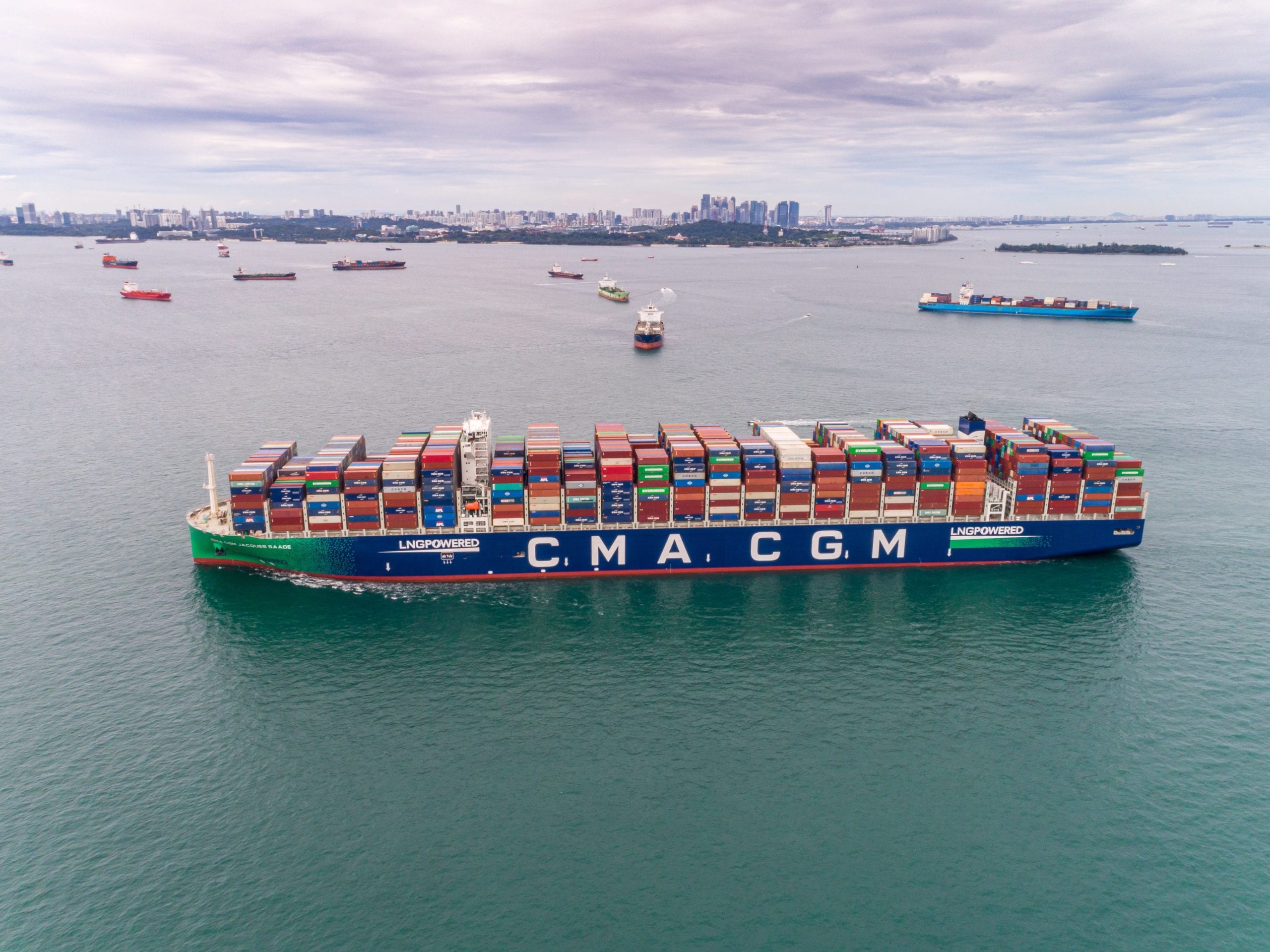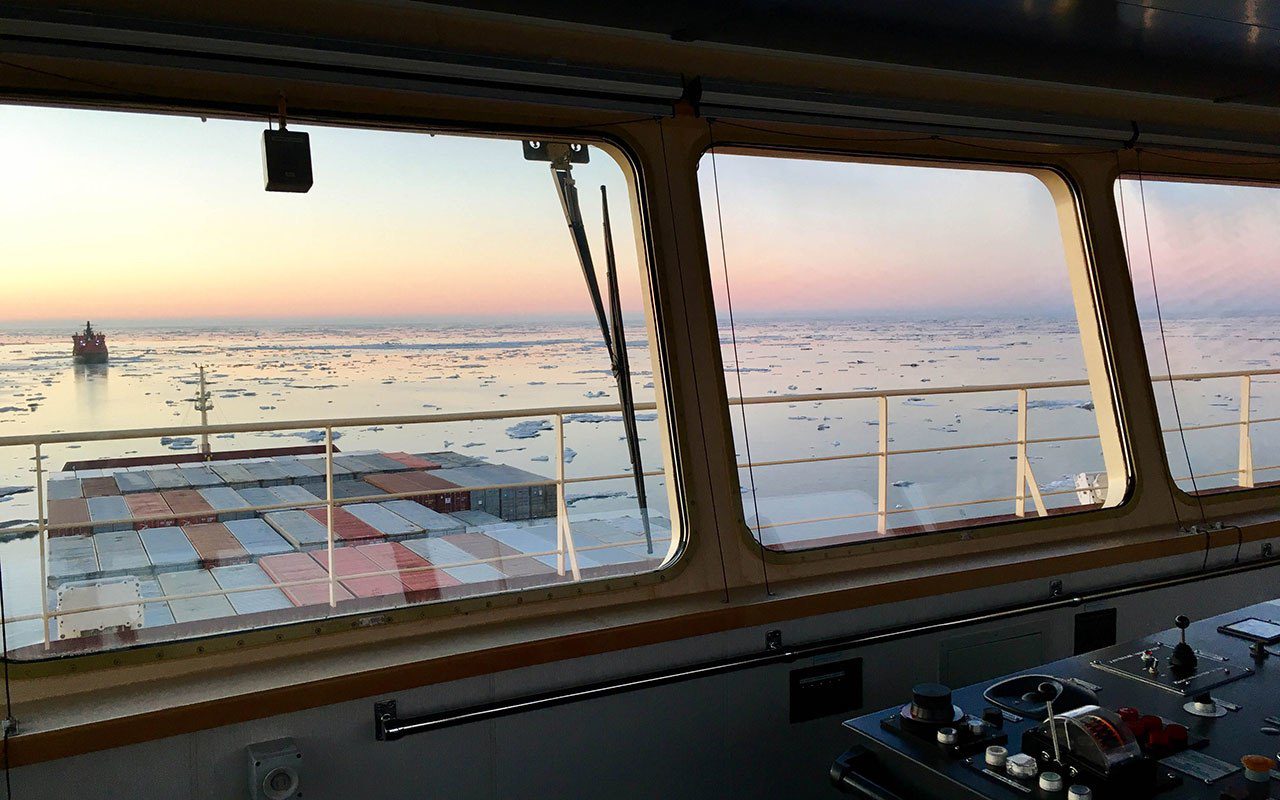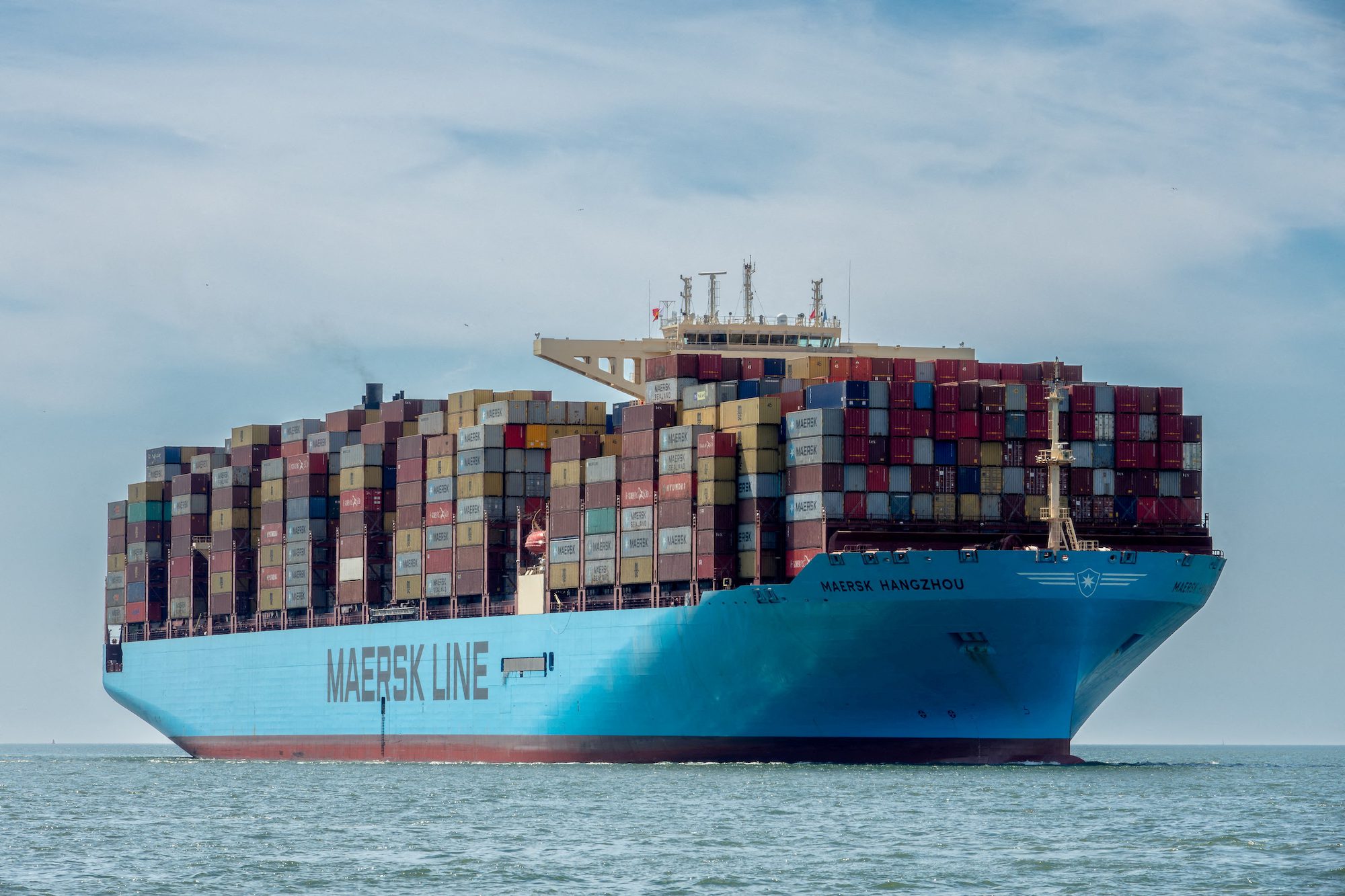French container shipping giant CMA CGM is setting aside $1.5 billion over the next five years to accelerate the energy transition in shipping and help it acheive net zero carbon emissions by 2050.
The funds will be used to create a “Special Fund for Energies” that will invest to support the industrial production of new fuels, as well as low-emission mobility solutions across the CMA CGM’s business—including maritime, overland and air freight shipping, port and logistics services, and offices.
CMA CGM has been one of shipping’s frontrunners in using liquefied natural gas (LNG) as a transitional fuel for its maritime operations, however LNG alone won’t help shipping solve its carbon problem.
The Special Fund has been tasked with “driving forward the emergence of industrial-scale production facilities for biofuels, biomethane, e-methane, carbon-free methanol, and other alternative fuels,” and also “increasing and securing volumes in line with Group needs, in partnership with other major industrial groups with expertise in these technologies, or with investment funds or promising start-ups,” according to a CMA CGM press release.
“The CMA CGM Group has been acting to protect the environment for many years. It is at the heart of my convictions and of our strategy. However, in the face of the climate emergency it is our duty to do more and accelerate our actions,” said Rodolphe Saadé, Chairman and CEO of the CMA CGM Group. “This fund will enable us to make substantial investments in innovative projects to decarbonize our business. We have allocated the resources needed to accelerate our energy transition and that of the entire shipping and logistics industry.”
The fund is set to kick off in October 2022 with a dedicated team of engineers, energy experts, financial analysts and project managers.
The creation of the fund comes as CMA CGM reported net income of $7.6 billion in the second quarter of 2022 despite rising operating costs, particularly bunker fuel, vessel chartering and port handling costs, and lower volumes that were 1.3% below the same period last year.
You may also recall that the shipping industry recently backed a $5 billion research and development program, known as the International Maritime Research and Development Board (IMRB), to accelerate the development of low-carbon and zero-carbon fuels and technologies in maritime shipping—paid for by a $2 per metric ton tax on fuel consumed by every ship. Unfortunately, the fund was rejected by the IMO during its last meeting of the Marine Environment Protection Committee in June.

 Join The Club
Join The Club











